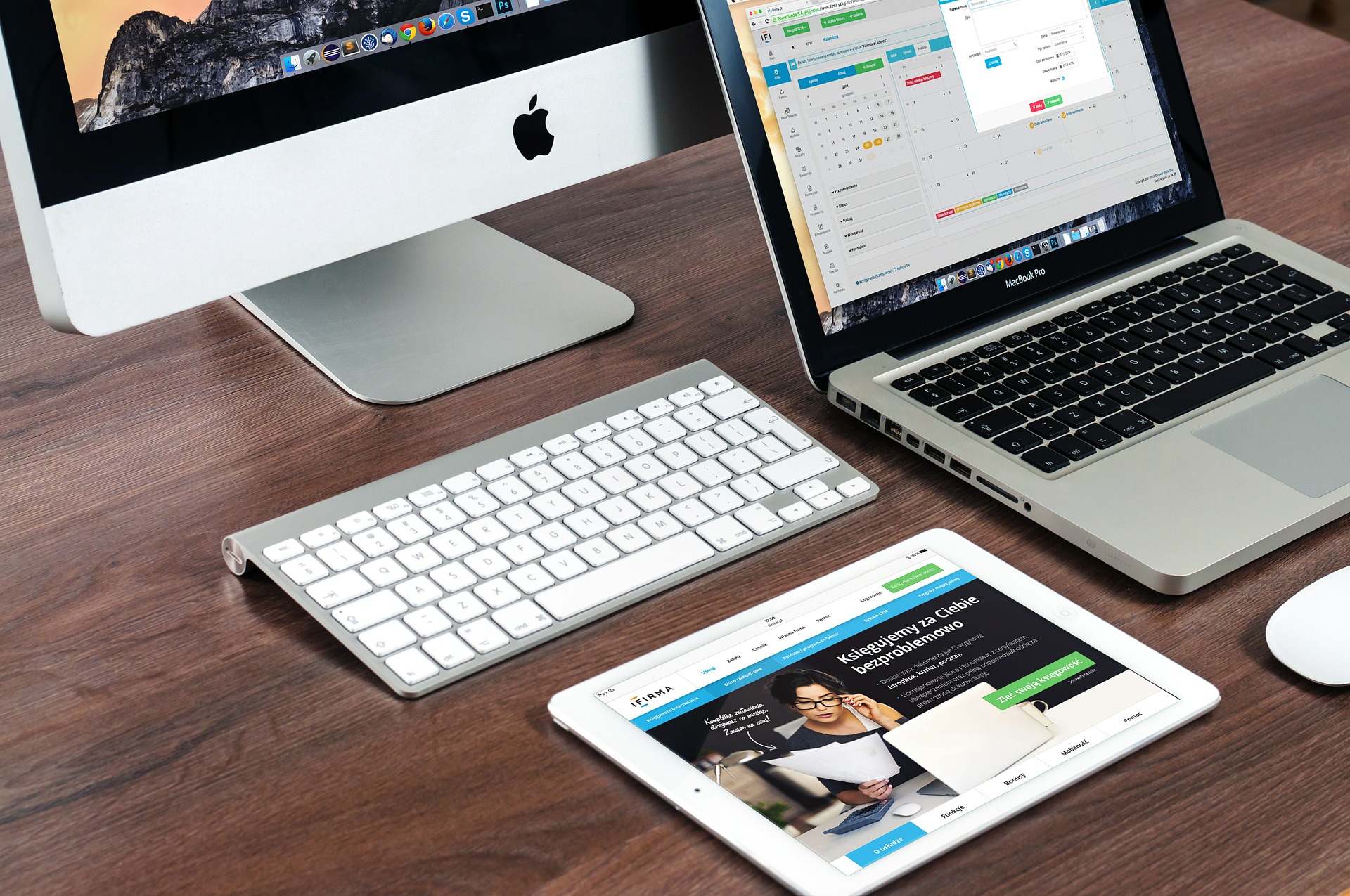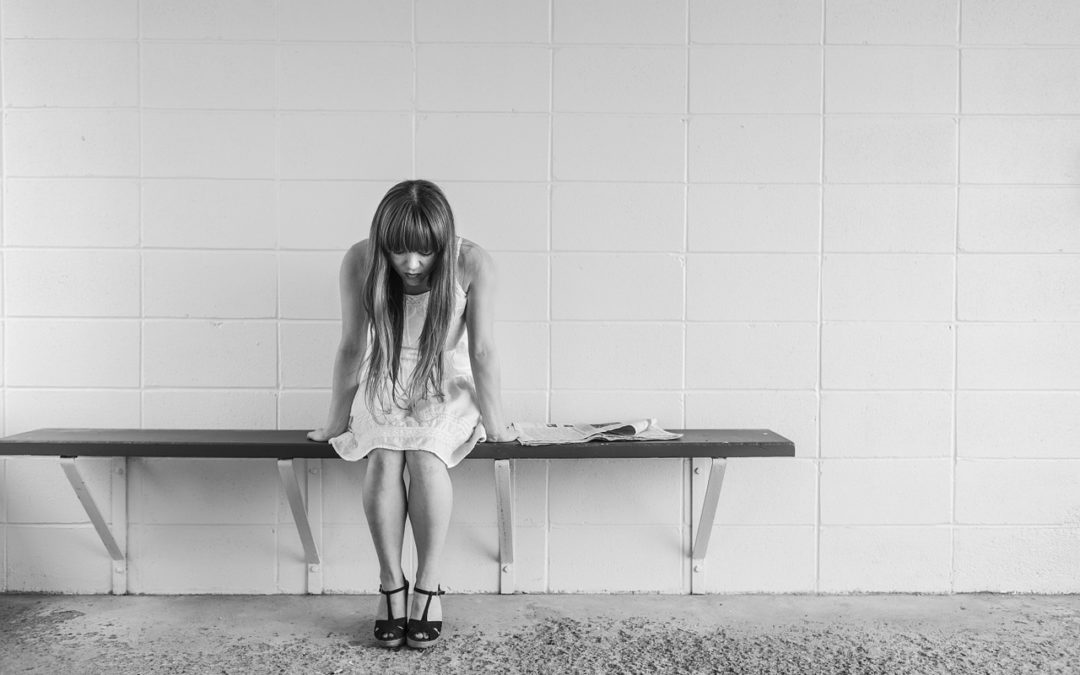13 Reasons Why Social Media Was the Cause of Her Depression
Mary is a girl full of life, with big dreams and in a discovery journey of this ever changing/ever evolving thing called life. She comes from a loving and supporting family. She’s artistic, friendly and determined.
Her story is one that I felt like sharing as it is very relatable for many people around the world.
Even though this 17 year old girl is gorgeous, with a heart of gold and with big dreams, she had become very dependable not only on other people but also on social media and what others thought of her.
Mary became depressed but didn’t tell anyone. We tend to “know” everything when we’re young, or at least we think we do. Many times we feel ashamed of asking for help…or simply don’t realize that we need it.
Mary’s mom noticed some changes, phrases and posts on her daughter’s social media accounts and immediately reached out asking for help.
Without hesitation I agreed to do a discovery session with the girl, and after 15 minutes of our talk, I knew I could be of service and coach her to become the independent woman that she was meant to be.
So what was the challenge – social media dependency.

Here are 13 reasons why social media was the cause of her depression:
- Feelings of not being good enough increased every time she compared herself to other people on her social media accounts.
- She spent her time browsing through her accounts feeling sad, lonely and depressed.
- Her connection with people was through a screen – it was easier to communicate through a screen than to actually interact with others in person.
- Procrastination became part of her routine and the important things in her life weren’t getting done.
- Everybody else’s lives were “perfect” expect for hers: others experiences were more exciting than her own life.
- She felt unattractive – others were more beautiful and had “better bodies.”
- Anxiety grew every time she opened her social media accounts – she would ask herself “what will I find now?” “what is my ex doing” “who are my “friends” hanging out with?
- She didn’t know how to handle the time she had for herself when she wasn’t “connected” to social media.
- Multitasking between social media platforms became a habit. Her attention was divided and anxiety grew more and more as time passed.
- She associated the amount of likes she got on her posts with how likable or loved she was.
- She depended so much on social media that her loved ones’ opinions weren’t enough.
- She looked for validation in people she didn’t really know.
- More time was spent in front of a screen than with her family and friends.
We live in a world where most of us are tied to our computers, our phones, or any other electronic device that we can find. I say “we” because I am guilty of this as well.
There is a lot of work to be done in the process, and it takes action to learn to disconnect to connect with ourselves again.
A study published in Computers in Human Behavior on December 10, 2016, found that the use of multiple social media platforms is more strongly associated with depression and anxiety among young adults than time spent online. – Source
Multitasking, anxiety, poor attention to detail, divided attention, depression, and more, are behaviors and emotions found in today’s society, the majority of them caused by social media channels.
It is extremely difficult to ask someone to be completely disconnect from the online world, but learning to identify when enough is enough, and the pros and cons of these “tools” that we have right there at the reach of a button, is of great advantage to live a happier and healthier life.
These are some simple steps that you can take to begin connecting with yourself and others again:
- Spend at least 10 minutes a day with nature
- Meditate – at least 3-5 minutes every day will help you be more focused, feel more in tuned with your mind and will increase your productivity exponentially. Don’t know how or where to start? Here is something to help you get started with this practice.
- Exercise your body – you will release endorphins and dopamine will help you feel happier.
- Practice forgiving yourself for being so judgmental and hard on yourself.
- When going out with your friends, focus on having quality time with them instead than with your phone.
- Be PRESENT – there is no greater time than now
- Focus your eyes on the world around you and not on the screen in front of you
- When feeling sad, desperate, or depressed, or you catch yourself comparing your life with others, watch a funny movie, spend time with your loved ones… REACH OUT. There is always someone ready and willing to help you in this life.
After several sessions of working with Mary, her life started to change. Her shyness decreased; her grades got better; she got into the college that she wanted; she went back to doing more of what she loved, social media wasn’t taking over her life anymore and she started to better understand the importance of her life and value more her worth.
Your happiness doesn’t depend on what others think or say about you; on how others look or the life that they live – or at least the life that they show online which many times differs from reality. It also doesn’t depend on what is said or done through a computer/phone screen.
Your happiness depends on the choices that YOU make every day. And today I invite you to choose HAPPINESS not because of what others say or do, but because you have the power to do so.
If this article resonated with you, I invite you to share it, chances are many other people out there might feel identified as well.
If you or anyone you know might be going through a similar situation or is seeking clarity, breakthroughs, or disconnection from toxic situations, let’s chat.
Until you read me again remember to always LAF – love unconditionally, accept without judgements, and forgive yourselves and others.
![]()

